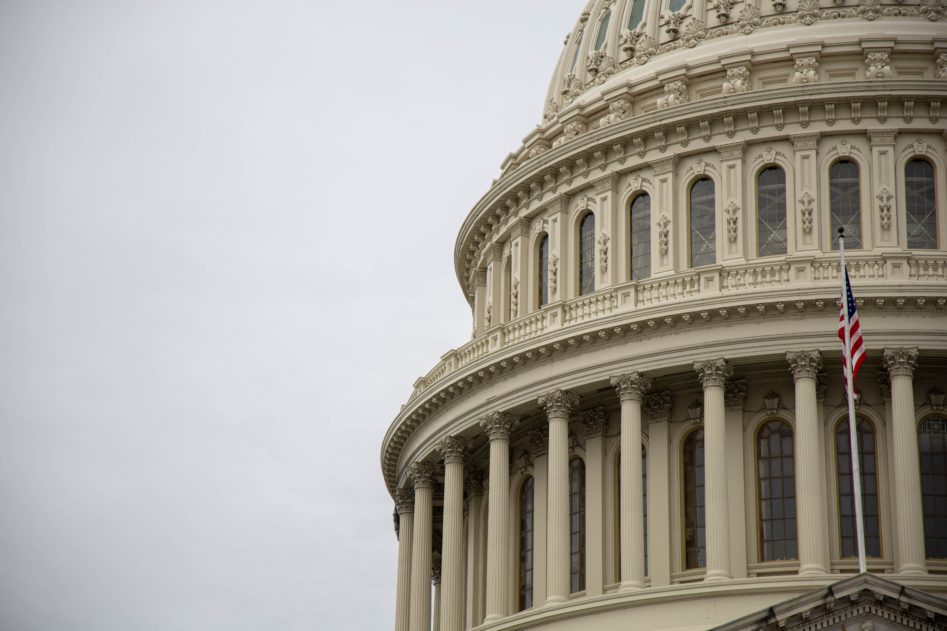This is the first part of a 2-part series about Senate Bill 19 in New Mexico. The first part will discuss the new provisions of Senate Bill 19.
Senate Bill 19, sponsored by Senator White, passed and was approved by the Governor, but in a very different form than it began. The initial bill was based on the recently approved revamping of the uniform act created by the Uniform Law Commission. Although in favor of reform, the judiciary was outspoken as to the enormous fiscal impact of adopting the bill as initially proposed. In the end, changes with lesser fiscal impact were approved for implementation starting July 1, 2018, including broader notice requirements, visitation provisions, doing away with sequestration of the proceedings, auditing, and mandatory bonding.
HB 2 redirected $1M of excess funds from the Office of Guardianship to the Courts to implement and improve monitoring of existing cases. Ad hoc rules and forms committees were established to improve reporting and monitoring processes. The Administrative Office of the Courts (AOC) is tasked with reporting back to the legislature as to the courts progress gearing up for implementation of the Uniform Act, and the feasibility of doing so by 2020.
New provisions include:
- Requirement to keep accounts and records of a protected person separate from the guardian/conservator’s accounts and records, and also including maintaining records for seven (7) years;
- Preservation of a protected person’s voting rights;
- Identification in the petition of a domestic partner, caregiver, attorney, agent under a power of attorney, nominee for guardian or conservator, stepchildren, trustee, representative payee, or other fiduciaries, anyone whose visitation should be restricted, and whether the alleged incapacitated person requires an interpreter, translator, or other support to communicate with the court or understand the proceedings;
- Proceedings are a matter of public record unless the alleged incapacitated person requests the records to be sealed, the petition is dismissed, or the guardianship or conservatorship is terminated. However, diagnostic treatment or other medical or psychological information shall not be disclosed;
- The alleged incapacitated person, his/her attorney, and persons entitled to notice are entitled to access court records. Other persons may petition the court for access for good cause, which will be granted if in the alleged incapacitated person’s best interests or furthers the public interest and does not endanger the alleged incapacitated person;
- Reports of the Qualified Health Care Professional (QHCP), Court Visitor, and Guardian ad Litem (GAL) are confidential and sealed, but are available to the alleged incapacitated person, the petitioner, QHCP, CV, GAL, and attorney of record, agent under a Power of Attorney, any other person if the court determines it is in the public interest, or for other good cause;
- Hearings on the appointment of a guardian or conservator are open unless determined otherwise by the court for good cause;
- Personal service of the petition and notice of the hearing on the alleged incapacitated person;
- All persons required to be listed in the petition are entitled to notice;
- Notice of post-adjudication hearings shall be given to the alleged incapacitated person, the guardian, and anyone the court determines;
- A guardian can initiate conservatorship proceedings, if needed;
- An agent under a power of attorney’s authority supersedes that of the guardian or conservator unless ordered otherwise by the court (45-5-312(D));
- No restriction on visitation without authorization from the court except for good cause to avoid harm to the alleged incapacitated person, not to exceed 7 days for family members or individuals with a preexisting social relationship with the alleged incapacitated person, or 60 days where there is no preexisting social relationship. (45-5-312(F));
- Mandate that guardians and conservators shall comply with an audit of any report;
- Protective arrangements and single transactions now includes settlement of a claim for the alleged incapacitated person, and restricting access to the protected person’s property from a specified person;
- After a hearing and finding by clear and convincing evidence, the court can restrict access to the protected person or to the restricted person’s property, where there was fraud, coercion, duress, or use of deception and control, causing or attempting to cause, or posing a serious risk of, financial harm to the protected person. The court shall consider the protected person’s prior directions, preferences, opinions, values, and actions, if known or reasonably ascertainable;
- If there is cost sharing between the protected person and other household members, the percentage of the protected person share of expenses and how that was derived should be provided;
- There shall be no waiver of liability for a conservator, agent, affiliate, or other third party of a conservator;
- Bonding for paid conservators in the business of serving as conservators cannot be waived;
- Banks and trusts are not required to be bonded;
- The AOC shall report to the Legislative Finance Committee by Nov 1, 2018 and Nov. 1, 2019, as to developments to the uniform law and its adoption in other states, the feasibility of implementing it in New Mexico, and the estimated financial cost to the courts to do so; and
- Effective July 1, 2018, to new cases, and to pre-existing cases, to the extent the new law does not frustrate the functioning of the pre-existing case.

